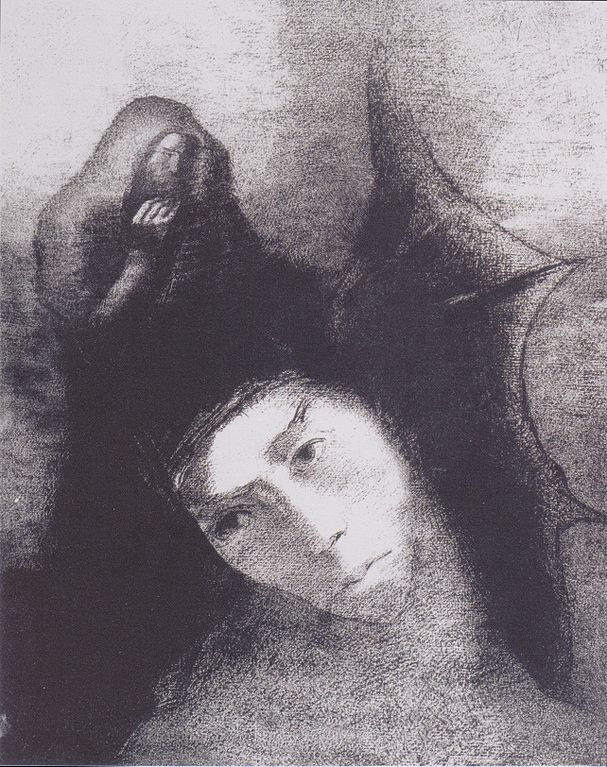"Spiritual sloth, or acedia, was known as The Sin of the Middle Ages. It’s the sin of my middle age, too."
— Mignon McLaughlin
Here we go dashing one off first thing on a Monday morning. I've been up for a while, fixed Peg breakfast then to the gym, now here at my desk with a mediation starting in about forty-five minutes.
This weekend on the farm I finished my book on the firebombing of Dresden, learning that my grandfather's bomb group, the 379th, arrived after the place had been pretty much burned to the ground by the RAF, and their bombs mostly hit industrial and transportation targets rather than neighborhoods, I reckon he would've slept on a softer pillow those next sixty years if he'd known that. Or maybe he did.
Next on the list was Zero At the Bone: Fifty Entries Against Despair, by Christian Wiman, a prof at the Yale Divinity School, literary scholar, and poet. Although the title of the book adumbrates a gloomy three hundred or so pages (Peg's comment when she saw it was something to the effect of, "Do you really think you ought to be reading that?"), I've encountered one of those remarkable works that expands and alters one's view of the world. It was a weekend spent with my tablet dictionary next to me, his vocabulary being so far beyond mine, and moments of being called up short every hour or so as I read through a rainy Saturday.
One concept Wiman introduced to me was acedia, which is a Greek word that ultimately grew synonymous with the deadly sin of sloth. But the word and the concept were pre-Christian, known to Homer and Hesiod long before the Church Fathers got ahold of it.
Acedia refers to indifference, not in the positive Jesuit sense but in turning one's back to the world. In one form or another, it manifests itself in ennui, listlessness, general dissatisfaction, nihilism, or depression, the "noonday demon".

But how does acedia,in the sense of sloth, make the list of the seven deadly sins, right there with getting jiggy with someone other than one's wife?
Aquinas cites the temptation to fall away from God, to give up on prayer and meditation. But his views and Wiman's converge to the extent both point to a sort of ingratitude that accompanies turning away from the joy of creation, and relationship with the divine and this life that is a gift to us. Aquinas refers to it literally as a "demon", this thing that causes us, me, sometimes to lose the fact that we all are, as Kurt Vonnegut so wonderfully put it, "lucky me, lucky mud".
I'm not sure how my time up on the mountain at Sewanee's School of Theology never touched on this. I mean like not at all.
So on that rainy first Saturday of Lent, I was called up short with a notion of sin I'd never encountered, that to fail to find the joy in this life is to turn away from whatever higher power is out there, to display ingratitude. A much more useful approach to these few weeks in the wilderness than hanging on to a vow to give up chocolate.
Comments